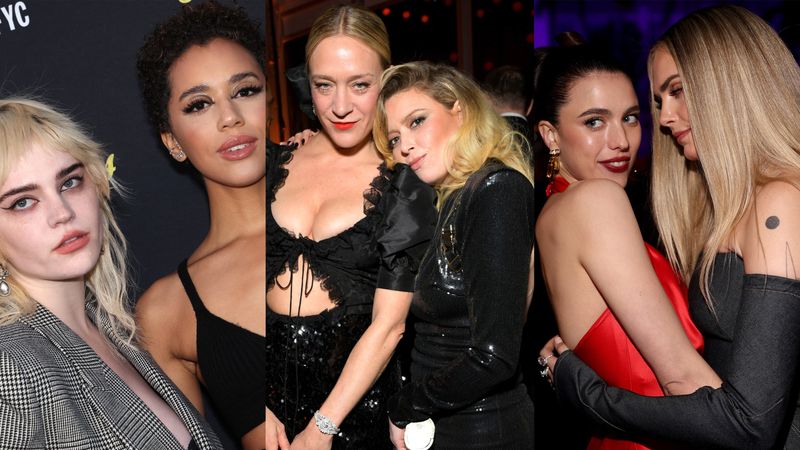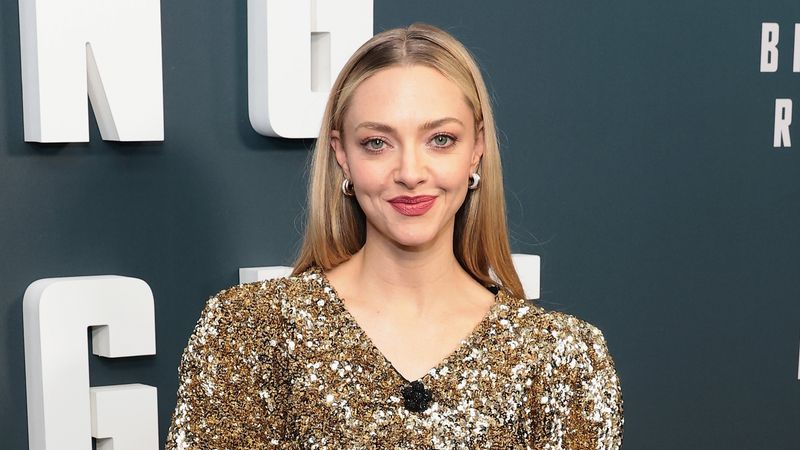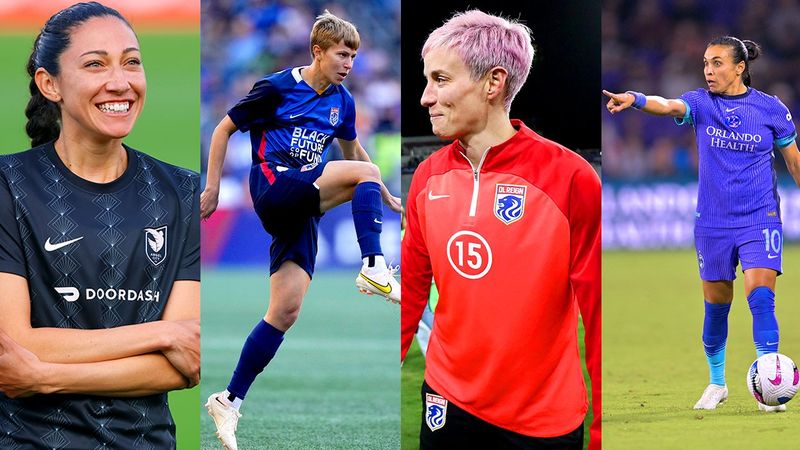Lisa Pegnato (also known as “Coach Lisa”) has been coaching youth soccer for 18 years in Hollywood, Beverly Hills and now South LA. She is the former head coach for AYSO Los Angeles, and teaches coaches as well as players. Lisa has also been a boxing instructor for over a decade and will be starting a new class in April. She firmly believes that there’s an athlete in everyone just waiting to play.
One day in gym class, Diane Tallarico made a horrible mistake.
She picked me second for her kickball team.
Diane Tallarico was a cheerleader, with beautiful big brown eyes, masses of brown curls and a lovely smile. She would ultimately become, if not Homecoming Queen, then at least Princess our senior year. She clearly did not know that I sucked at sports, which everyone else knew except for Diane Tallarico. We were doing the dreaded choosing up teams and it was early in the school year. Diane only knew me as, I guess, someone relatively nice from homeroom.
When she said my name out loud I was stunned, and then so happy, and then I panicked, thinking, when is she going to realize that she made a tragic mistake? I looked around. No one else said anything. This was back in the day when kids were still taught to be polite.
I moved to Diane’s side and watched while the other girls were chosen. Then the game started, and I -- of course -- fulfilled my own self-appointed sports destiny. I missed the ball or ran the wrong way or got struck out or whatever it was that I usually did that always got me picked last for the team. I felt badly for Diane. I must have disappointed her so much.
The kids I coach now are so much braver than I was. I’m continually amazed that some kid who has never personally met a soccer ball has the courage to step on the field and play in front of God and country. Most coaches I know hate the idea of new players. It’s too much work to teach them the game, they bring the skills of the whole team down, they take away playing time from more advanced players—I’ve heard it all. But me, personally, I’m in awe of a 15-year-old girl who has never played before but shows up to practice with a bunch of kids she’s never met, and then doesn’t give up even if she has no clue what a “diamond defense” is or what a right halfback does. Then she shows up again and repeats the whole process until she gets it right. Where do they get the guts?
I had a little girl on one of my younger teams named Hilda. A good-natured, round little girl with a single mom and a dad out there somewhere. Hilda tried hard enough, but she had no discernible soccer skills. She couldn’t kick or dribble and she carried too much weight to run. I put her in the relatively low-stress midfield wing position and she seemed happy enough to put on her uniform and run around with the rest of the girls.
One day, she came up to me and said, “Coach, I want to play defender.”
Oh, I couldn’t imagine anything worse for the team.
“Okay, Hilda,” I said. “But you need to develop your defensive skills. You need to practice with your ball, every single day, and you need to…” -- how do I say this gracefully? -- “pay attention to your diet.”
I gave her some specifics, and she listened carefully. “Okay, Coach,” she said, “if I do all that, can I play defender?’”
A safe bet, I figured. “Yes, Hilda, you can.”
“Okay,” she said, and off she went across the parking lot to her mom.
After the next game, Hilda’s mom came up to me. “What did you say to Hilda?” she asked.
Oh, damn. Accosted by a parent—every coach’s non-dream. I knew the diet thing was going to be controversial. This was south LA and many parents were resistant to any sort of suggestion about what to feed their kids. If I’d heard “You can’t tell me what to feed my baby,” once I’d heard it a million times. I took a deep breath.
more on next page...
\\\
(continued)
“Well, Hilda said she wanted to play defense. So I gave her some work to do to improve her game.”
“Is that all?” she asked.
“Well, I told her that she needed to watch what she ate,” I said.
There was a pause. “Now I understand,” she said. “Hilda told me that she doesn’t want nothing sweet in her lunch. She doesn’t want soda. She tells me, ‘Coach says I can’t have that, I need healthy food’ and she goes outside every day before dinner with her ball.”
“I just wondered what you said because she never said anything like that before.”
Next game, I put Hilda in the wing D position. Not as a starter, but she played. I can’t say that Hilda was a different kid—she still didn’t have much speed—but out of nowhere she had developed this fearsome kick. This little girl was booting the ball halfway down the field. She couldn’t run, but man, could she clear. Hilda was the happiest kid in south LA, and possibly, the world.
In retrospect, I guess you could say that my sporting career has been one long over-compensation for continually being picked last. I wanted my daughter to play sports because I never did, so I became her coach. Eventually, I became one of the few women to get an advanced coaching badge in our recreational soccer organization and then one of the fewer women in the greater Los Angeles area to get a FIFA license. I was always the only woman with a bunch of guys, and I was determined NOT to finish last.
I’ve tried to blame my lack of sports confidence on growing up in the Midwest in an era when girls didn’t play sports. I tell my soccer players that soccer hadn’t been invented when I was their age, but obviously neither one is the truth. I believe La Tallarico herself ran track.
So why did sports scare me so much as a kid? Truth be told, I grew up with a very traditional Italian father who grew impatient when I couldn’t perfect my tennis game on the first swing. He was a competitive tennis player, golfer, and a former medal-winning gymnast. He was an educated man with a doctorate in psychology, who believed that it wasn’t so important that I go to college since I would get married anyway, and, that if I couldn’t get it right the first time, I was never going to get it at all.
My dad died when I was a freshman in college, so I never got to ask him how he could be so smart, and so wrong. I never had the chance to introduce him to my soccer players or let him watch me coach a game. I like to think that he would be impressed, but in my heart of hearts, I doubt he’d ever admit to being wrong.
I do know, though, why I became a coach—because I know how a stupid thing like being picked last for the team can influence your whole life. I don’t want another kid to go through that, not on my watch. I don’t want any of the Hildas out there to think they don’t have a shot in hell of doing whatever it is they want to do.
I know what changes your life is not winning the big championship games, because as a coach, I haven’t won that many. It’s that one small moment where somebody believes in you for absolutely no good reason, even if by accident. That’s what changes everything.
I have no idea where Diane Tallarico is now, but I hope she’s living a ridiculously happy life. Maybe one day, I’ll get up the courage to find her and say thank you. In the meantime, Hilda celebrates her quinceañera this year.
And I’m invited.





















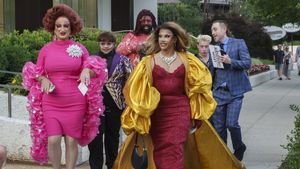

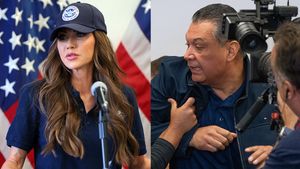

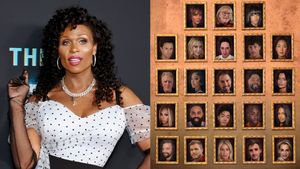


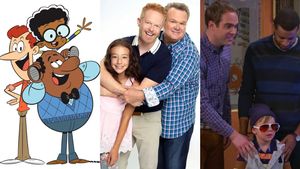

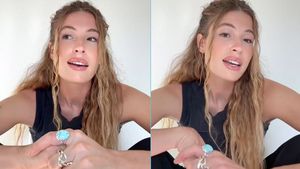

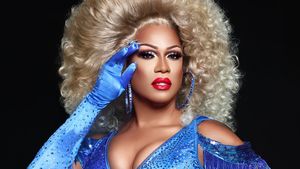







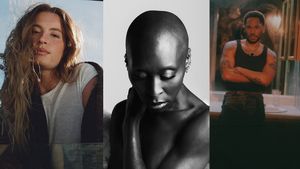




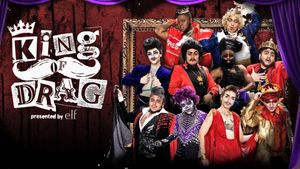















































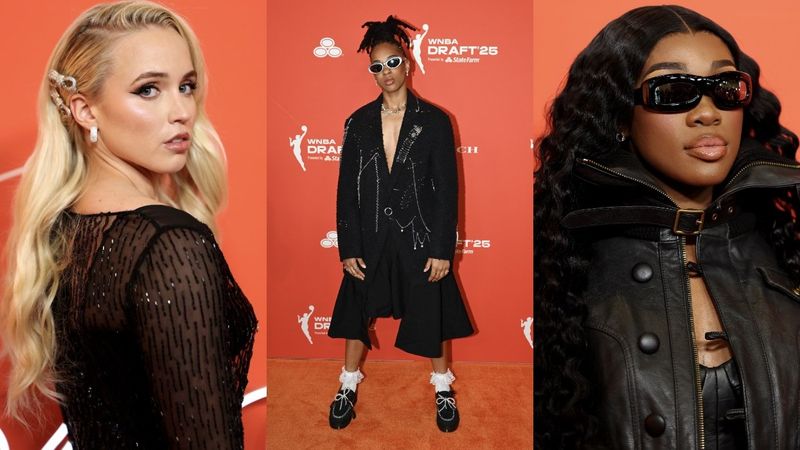
 Cindy Ord/Getty Images
Cindy Ord/Getty Images










